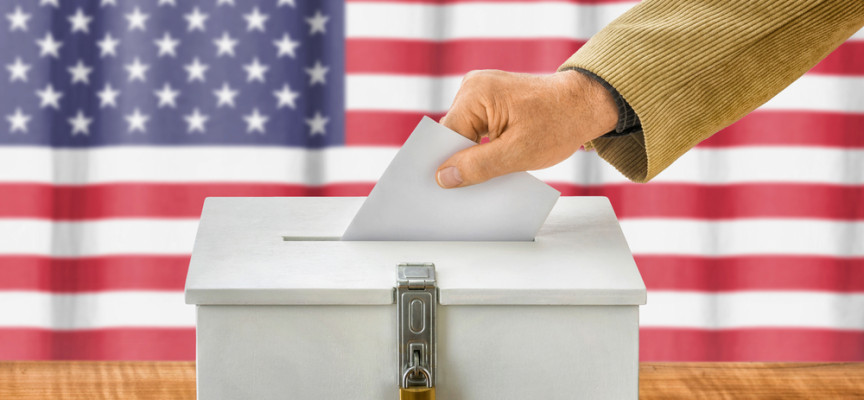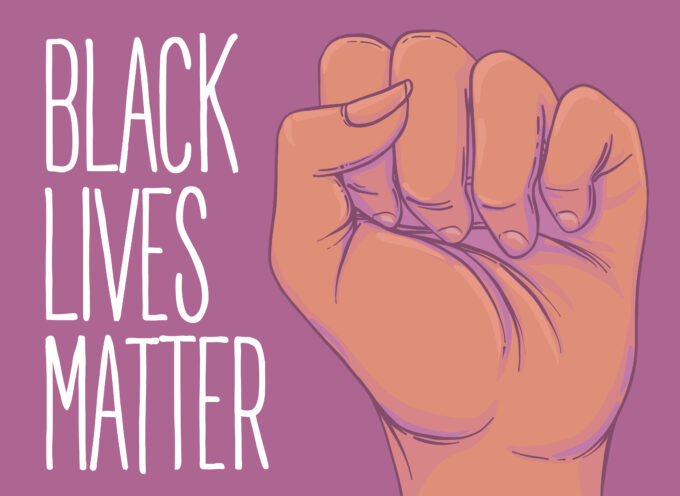Nothing could have prepared us for the 2016 election cycle. The major parties, presidential candidates, and television networks set low standards from the beginning and then consistently failed to achieve them.
In fact, polls show that most Americans consider both major party nominees, Hillary Clinton and Donald Trump, unacceptable. Some Americans have decided to hold their nose and vote for one of the candidates. Others have opted for a write-in or third-party strategy. Still others will stay home on Super Tuesday.
In light of the fact that many of us consider both candidates deeply flawed, are there any criteria we should be able to agree upon when evaluating the candidates and deciding how to vote? Yes. We should agree to take into account five criteria, each of which will significantly affect the way our next president will govern: political ideology, policy stances, character and judgment, governing style, and ultimate commitments.
- Political Ideology
We should take into account a candidate’s political ideology. For some candidates, this criterion is clear: Hillary Clinton is a progressive. Gary Johnson is a libertarian. But with Trump, it is not so easy. Is he a nationalist? A conservative? A pragmatist? Some combination of the three? Trump, like any other candidate, would govern within an ideological framework of some sort—no matter how loosely defined—and that framework would affect the way he governs.
- Policy Stances
We should take into account a candidate’s stances on major public policy issues. Although it is unlikely that any candidate will share all of our views, we’d like them to be as close to us as possible on the most important issues. We should seek a president who is pro-life, pro-religious liberty, and pro-marriage. We should seek a president whose track record or stated policy positions show concern for the poor and for religious and ethnic minorities. We should seek a president who is neither a crusader nor a pacifist concerning war.
- Character & Judgment
We should take into account a candidate’s track record on matters of character. We are not looking for a perfect candidate, but we are looking for one who is trustworthy. We should consider the negative implications if a candidate has a long track record of breaking the trust of those who depend upon them or those who they lead. We should consider whether the candidate’s words and actions reveal wisdom and sound judgment. The strongest presidential candidates are ones who have a strong center of gravity, keep the trust of those who they are close to and those who they lead, make reasoned judgments, and show concern for moral principles.
- Governing Style
We should consider a candidate’s governing style. Take, for example, the closely-related questions of authority and strength. On the one hand, we want to avoid voting for a candidate who is feckless and weak, easily pushed around by Super PACs, special interest groups, corporations, or leaders of foreign countries. On the other hand, we want to avoid voting for a candidate who cannot tolerate dissent, comes unhinged when challenged, or uses government power to silence his or her opponents.
Instead of these options, we want a president who gives evidence of a combination of personal humility and professional resolve, who possesses the ability to reason and persuade, and who can govern with wisdom and strength even in the face of opposition.
- Ultimate Commitments
When people say that there should not be a religious test for office, they usually are defining religion as “the private worship of a supernatural deity.” In that case, I could agree: if a candidate’s worship is merely private, it is largely irrelevant to public office.
But a person’s worship is never merely private, and is not always directed toward a supernatural deity. In fact, human beings are always ascribing ultimacy to things—such as sex, money, power, and success—that are not supernatural deities. When we ascribe ultimacy to something, when it occupies the commanding heights of our hearts, we are worshiping it. And its ultimacy in our lives means that it cannot remain private, but will radiate outward into all that we do, including our actions in public office.
Therefore, we should consider, to the extent that we are able, a candidate’s ultimate commitments, which is to say their religious orientation. More specifically, we should consider two layers of religious commitment.
The first layer of religious commitment concerns a candidate’s stated religious beliefs. If a candidate is seriously committed to Christianity, Islam, Scientology, or Buddhism, their commitment will surely affect their view of the world, of leadership, of policies, and of the” good life” which they seek for the American people.
The second layer of religious commitment concerns a candidate’s idols. The Bible teaches that each of us are tempted to make a “god” or a “savior” out of things that aren’t, things such as sex, money, power, success, or the approval of other people. In other words, a person’s “god” is whatever they consider ultimate in life, whatever commands their allegiance and shapes their lives most profoundly. Presidential candidates are no different from the rest of us: they give their love, trust, and obedience to idols that will surely affect the way they govern.
Conclusion
We should ask these sorts of questions about each Presidential candidate. If we have already have a preferred candidate, we should do our best to give an honest evaluation of each of the candidates. Instead of putting our own preferred candidate in the best possible light while putting the other party’s candidate in the worst possible light, we should give a fair assessment of both.
Over the course of the next few weeks and months, evangelicals must use these criteria and perhaps others to evaluate both major party candidates. We must avoid the temptation to demonize candidates for their flaws, on the one hand, or ignore their flaws, on the other hand.
Instead, we should ask whether those flaws keep should keep us from trusting them with this particular office, the Presidency of the United States of America. Does the candidate have ideology or policy convictions too errant, character flaws too grave or ongoing, a governing style too inappropriate, or religious commitments too toxic for us to trust him or her with the highest office of the land? American voters should give consideration to those questions as they enter the voting booth.
Subscribe
Never miss a post! Have all new posts delivered straight to your inbox.








Bruce, worth while thoughts that every believer ought to ponder before pulling the lever. I would like to add to one of your statements – Therefore, we should consider, to the extent that we are able, a candidate’s ultimate commitments, which is to say their religious orientation…
I believe we have every right to question a candidate on his/her religion, quite extensively if necessary. These candidate court the “evangelical” vote unashamedly. We have the right and responsibility to know what Bible they own.
Bruce,
Your criteria are excellent. The problem lies with the candidates, who fall so far short of what we would hope for that it is hard to know how to apply those criteria. Clinton and Trump, in particular, won’t be baring their souls to the voters or the press. I don’t see anything good coming out of this election unless one or both of the major candidates are replaced.
Roger, I agree. This is a disappointing election cycle, to put it lightly. I consider the two nominees to be the worst options that either party had to offer.